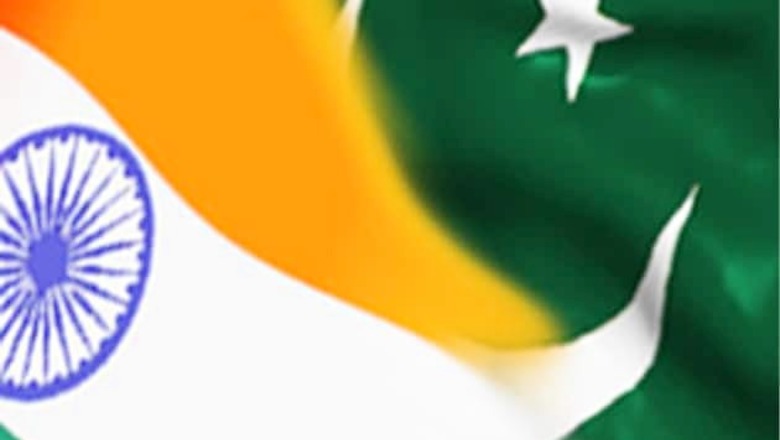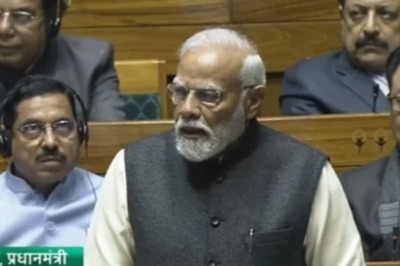
views
Bengaluru: Stressing that terror and talks cannot go together, BJP on Friday said India's engagement with Pakistan would be based on strategic interests and enunciated Modi government's foreign policy pillars or "Panchamrit" of dignity, dialogue, security and shared prosperity and culture.
In the first-ever separate resolution on foreign policy brought in its National Executive here, BJP attacked the previous Congress-led Government, saying "a cursory glance at the 'lost decade' of the UPA, reveals retreat and a loss of direction in engaging with neighbours, ham-handed diplomacy vis-à-vis Pakistan and a blind-spot in our foreign policy to the Indian Ocean island states."
It lauded the Narendra Modi government's initiatives taken on foreign policy, including the Prime Minister and External Affairs Minister Sushma Swaraj's continuous engagements with world leaders in the last 10 months.
On Pakistan, the resolution said, "We have laid out a clear policy for building peaceful and friendly relations with Pakistan, predicated on an end to terrorism."
"There can be no compromise with terrorism. There can't be any duplicity towards a problem that has become a regional crisis and is fast becoming an international nightmare."
"All outstanding issues with Pakistan can be resolved through bilateral dialogue in an atmosphere free from terror and violence," it said.
It said the national ambition is "Bharat's rise as a strong and respected world power" for which the government has adopted "Panchamrit".
It spelt out 'Panchamrit' or 5 'S' of the country's foreign policy as 'Samman' - dignity and honour; 'Samvad' - greater engagement and dialogue; 'Samriddhi' - shared prosperity; 'Suraksha' - regional and global security; and 'Sanskriti evam Sabhyata' - cultural and civilisational linkages, the party said.
The BJP said Modi has pursued "a bold, proactive and innovative foreign policy that is aligned with our Government's primary goal of accelerating national economic development; and to fulfil Bharat's global responsibilities as the world's most populous youth nation and largest democracy."
The entire resolution described the country as 'Bharat' instead of India . The resolution criticised the previous UPA government's approach in dealing with the international community, saying during the last decade it tended to weigh the nation down when New Delhi punched substantively below its weight in pushing through its foreign policy objectives, while often appearing side-lined in the international arena.
The UPA dispensation seemed grossly incapable of moulding Bharat's foreign policy, national security and economic development imperatives into a composite and coherent policy framework, it alleged.


















Comments
0 comment